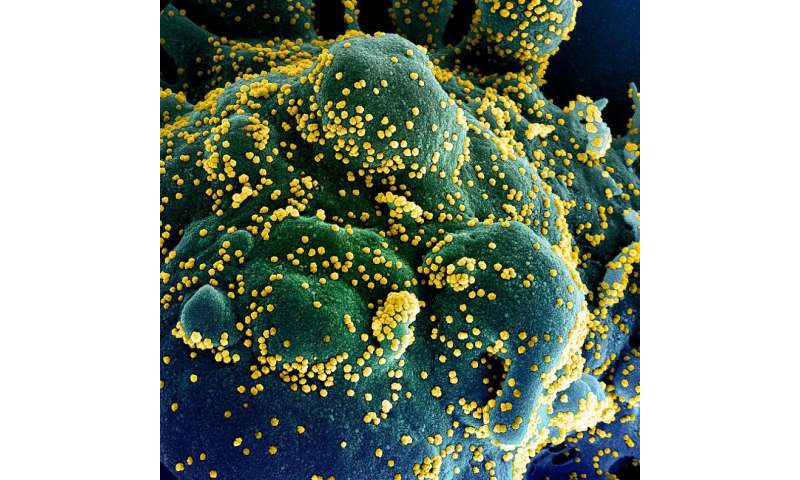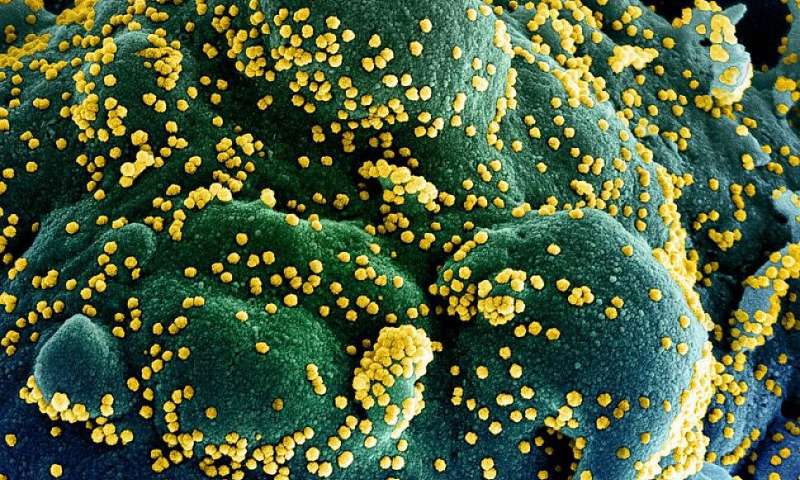
A panel of U.S. physicians, statisticians, and other experts has developed treatment guidelines for coronavirus disease 2019 (COVID-19). These guidelines, intended for healthcare providers, are based on published and preliminary data and the clinical expertise of the panelists, many of whom are frontline clinicians caring for patients during the rapidly evolving pandemic. The guidelines are posted online (COVID19treatmentguidelines.nih.gov) and will be updated often as new data are published in peer-reviewed scientific literature and other authoritative information emerges.
The guidelines consider two broad categories of therapies currently in use by healthcare providers for COVID-19: antivirals, which may target the coronavirus directly, and host modifiers and immune-based therapies, which may influence the immune response to the virus or target the virus.
The panel’s conclusions about treating COVID-19 with various agents that fall into these two classes of therapies are distilled in summary recommendations. Subsequently, the document provides background information about each agent—such as clinical data about its use, ongoing clinical trials, and known interactions with other drugs—that forms the basis for the Recommendation. Tables briefly outline the same information.
The guidelines also describe the evaluation and stratification of patients based on their risk of infection and severity of illness. Recommendations in this section address best practices for managing patients at different stages of infection, for example:
- Outpatients who are either asymptomatic or who have mild to moderate symptoms and are self-isolating
- Inpatients with severe illness or critical disease
Special considerations for pregnant women and for children who are infected are also included.
A comprehensive section of the guidelines addresses a range of considerations for clinicians caring for the most critically ill hospitalized patients. This section includes multiple recommendations for patients needing critical care, including infection control procedures, hemodynamic and ventilatory support, and drug therapy.
Finally, the guidelines include recommendations concerning the use of concomitant medications. These include statins; corticosteroids; non-steroidal anti-inflammatory drugs; and certain drugs used to control hypertension, known as ACE inhibitors and ARBs.
National Institutes of Health


